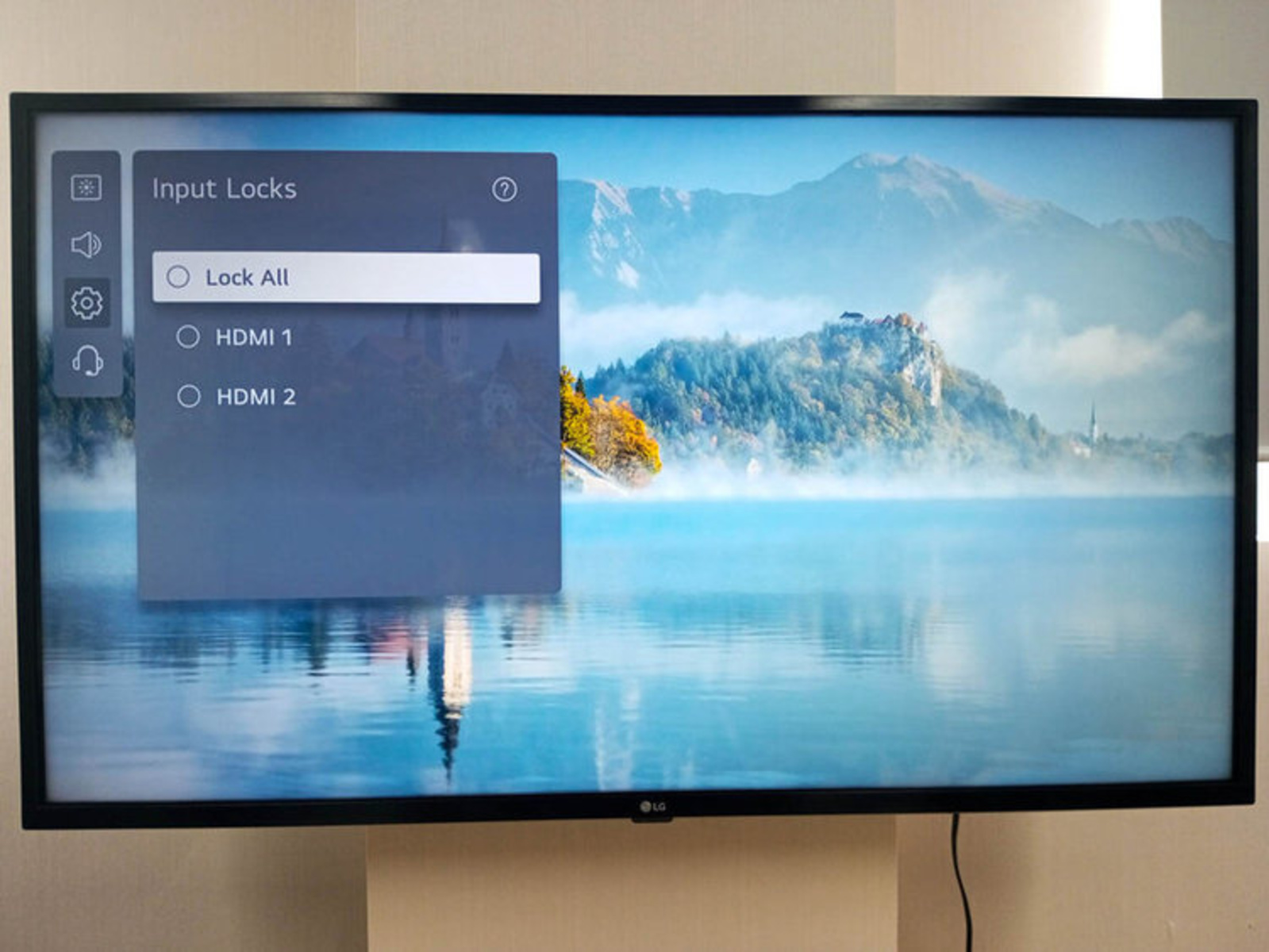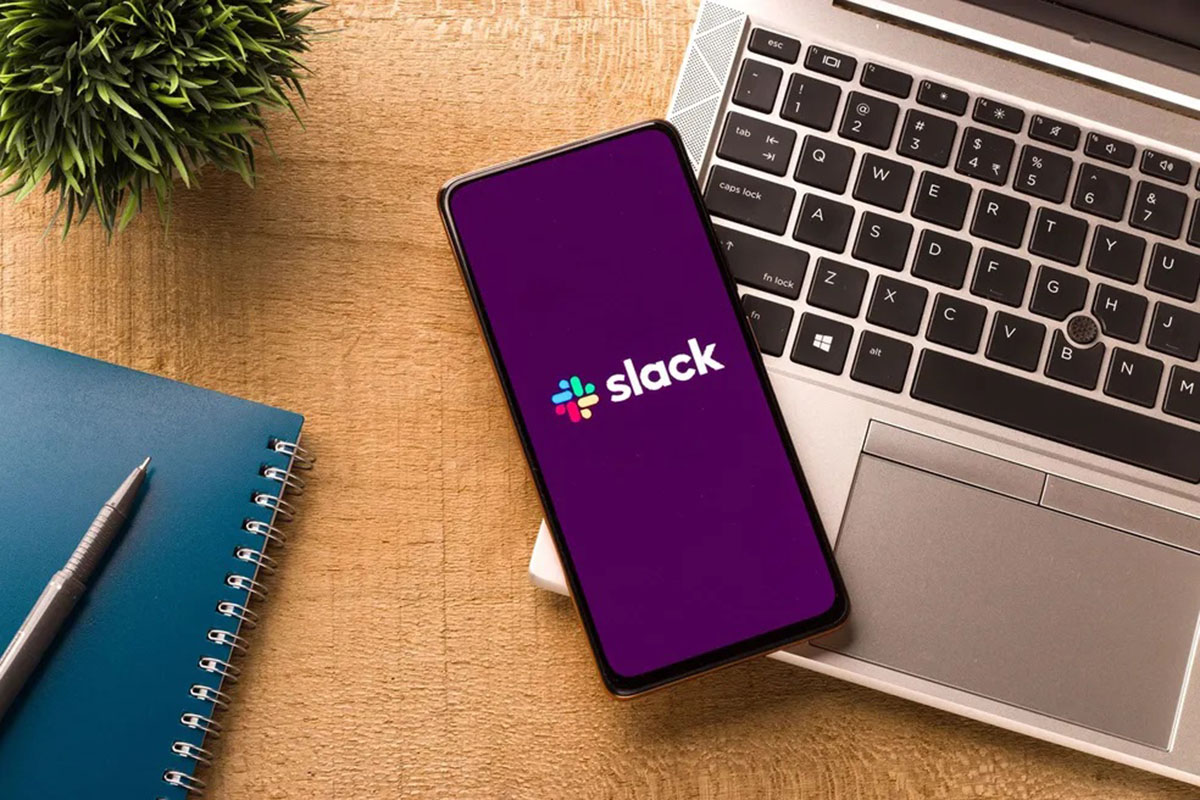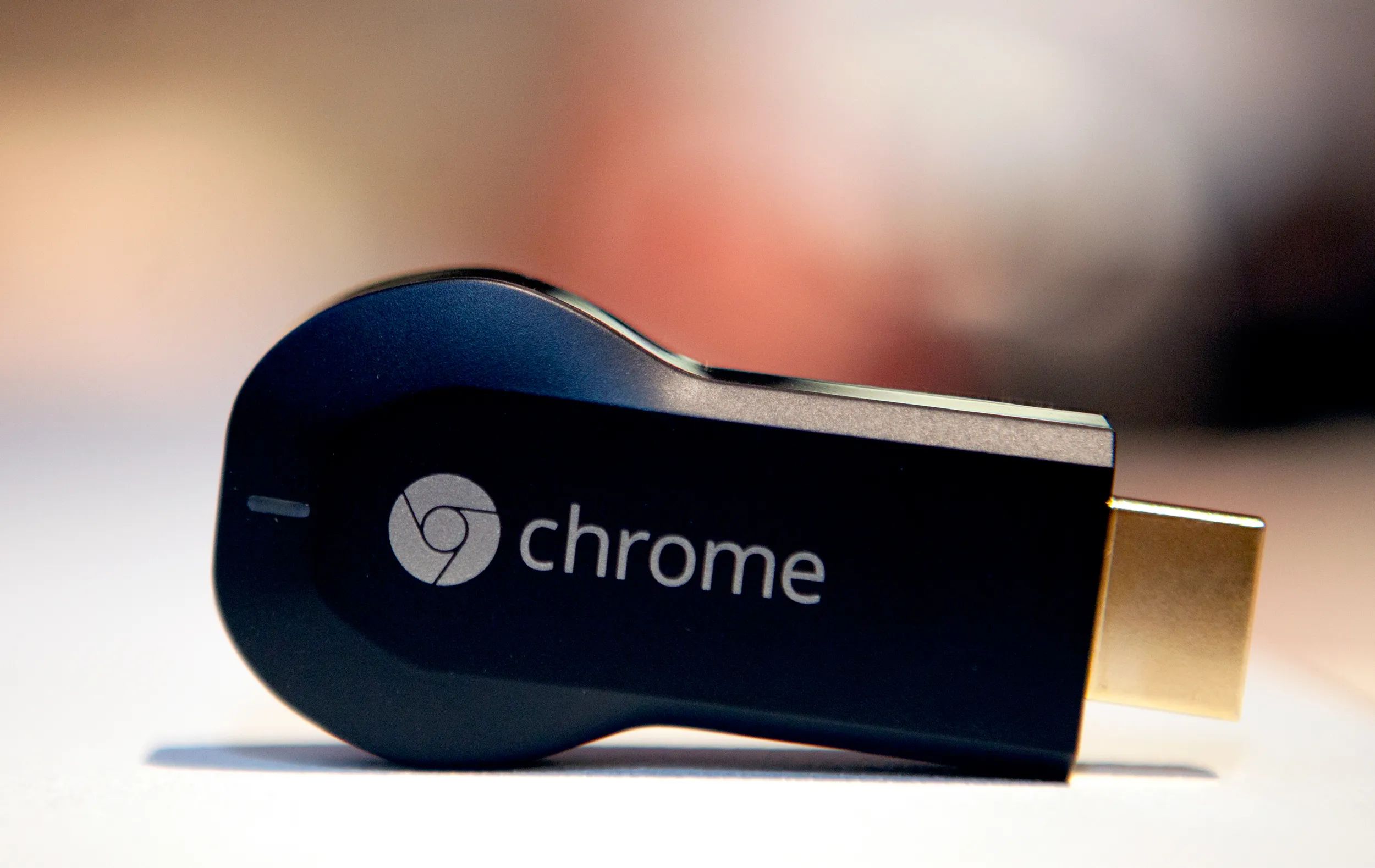Introduction
Welcome to the era of big data, where businesses across various industries are harnessing the power of data to gain valuable insights and make informed decisions. The hotel industry is no exception, as it is increasingly relying on big data to optimize operations, enhance customer experience, and drive revenue growth. In this article, we will explore the various ways in which hotels can leverage big data to their advantage.
But first, let’s understand what exactly big data is. Big data refers to the massive amount of structured and unstructured data generated by individuals, systems, and devices. This data is often characterized by its volume, velocity, and variety, making it difficult to manage and analyze using traditional methods. However, with advancements in technology and data analytics tools, it is now possible to extract valuable insights from this data.
The importance of big data in the hotel industry cannot be understated. With ever-increasing competition and rising customer expectations, hotels need to stay ahead of the game by leveraging data-driven insights. Big data enables hotels to understand their customers better, identify trends and patterns, and make data-backed decisions to optimize operations and enhance the overall guest experience.
Data collection is a crucial aspect of utilizing big data in hotels. Hotels collect data from various sources, such as online bookings, loyalty programs, social media interactions, guest surveys, and even sensors installed in rooms. This data is then processed and analyzed to extract meaningful insights.
In the following sections, we will delve into the specific ways in which big data can improve hotel operations, including personalized marketing and customer experience, revenue management and pricing optimization, enhancing operational efficiency, predictive analytics for fraud detection, and improving supply chain management. However, it is important to note that implementing big data in hotels comes with its own set of challenges, which we will discuss towards the end of this article.
What is Big Data?
In today’s digital age, the amount of data being generated and collected is growing rapidly. Big data refers to large and complex datasets that cannot be effectively managed or analyzed using traditional data processing techniques. These datasets typically have three defining characteristics:
- Volume: Big data involves the collection and storage of massive amounts of information. This data can come from various sources, such as customer transactions, social media interactions, sensor devices, and more. Managing and processing such large volumes of data requires specialized tools and technologies.
- Velocity: The speed at which data is generated and processed is another crucial aspect of big data. With the advancement of technology, data is now being generated in real-time or near real-time. This continuous and rapid flow of data requires effective measures to capture, store, and analyze it in a timely manner.
- Variety: Big data encompasses structured, semi-structured, and unstructured data from diverse sources. Structured data is organized and fits neatly into traditional databases, while unstructured data includes text, images, videos, and social media posts that don’t have a pre-defined format. Dealing with different data types and formats is a challenge in big data analytics.
The value of big data lies in the insights that can be derived from it. By analyzing large and diverse datasets, businesses can uncover patterns, trends, and correlations that were previously invisible. These insights can drive informed decision-making, improve operational efficiency, and enhance the overall customer experience.
Big data is heavily reliant on advanced technologies and analytics methods to process, analyze, and interpret the data. This includes techniques such as data mining, machine learning, and predictive analytics. Data scientists and analysts play a crucial role in extracting meaningful insights from the vast amount of data available.
Organizations in various industries are utilizing big data to gain a competitive edge. In the hotel industry, big data can help hotels better understand customer preferences, optimize pricing strategies, improve operational efficiency, and personalize the guest experience. By harnessing the power of big data, hotels can make data-driven decisions that translate into tangible business outcomes.
Importance of Big Data in the Hotel Industry
The hotel industry is highly competitive, with hotels constantly striving to deliver exceptional guest experiences and maximize revenue. This is where big data comes into play, offering invaluable insights to help hotels stay ahead of the curve. Here are some key reasons why big data is crucial in the hotel industry:
1. Customer Understanding: Big data allows hotels to gain deep insights into their customers’ preferences, behaviors, and needs. By analyzing data from multiple sources such as online bookings, social media interactions, and guest feedback, hotels can create detailed guest profiles and understand what drives guest satisfaction. This enables hotels to personalize their offerings and tailor their services to meet individual guest expectations.
2. Revenue Optimization: Pricing is a critical factor in the hotel industry, and big data can assist hotels in optimizing their revenue strategies. By analyzing market trends, competitor pricing, and historical booking data, hotels can implement dynamic pricing models and make data-driven decisions to maximize revenue. Big data also helps in identifying demand patterns and optimizing room availability and pricing during peak and off-peak periods.
3. Operational Efficiency: Big data analytics can significantly enhance operational efficiency in hotels. By analyzing data from various departments such as housekeeping, inventory management, and maintenance, hotels can identify inefficiencies and take proactive measures to streamline operations. For example, predictive analytics can help identify patterns of equipment failure, enabling hotels to schedule preventive maintenance to minimize downtime and improve guest satisfaction.
4. Personalized Marketing: With the vast amount of data available, hotels can create targeted marketing campaigns to reach specific customer segments. By analyzing data on customer preferences, past purchases, and browsing behavior, hotels can personalize marketing messages and promotions to resonate with individual guests. This helps in increasing customer engagement, loyalty, and ultimately, repeat bookings.
5. Enhanced Guest Experience: Big data enables hotels to provide a personalized and seamless guest experience. By analyzing guest feedback, social media sentiment, and real-time data from sensors and IoT devices, hotels can identify areas for improvement and take immediate action to address guest concerns. This proactive approach to guest satisfaction fosters loyalty and helps hotels build a strong brand reputation.
In summary, big data plays a vital role in the hotel industry by helping hotels gain insights into customer preferences, optimize revenue strategies, improve operational efficiency, personalize marketing messages, and enhance the overall guest experience. Embracing big data analytics allows hotels to make data-driven decisions that drive growth, improve profitability, and deliver exceptional guest satisfaction.
Data Collection in Hotels
Data collection is a crucial step in leveraging big data analytics in the hotel industry. Hotels collect data from various sources to gain insights into guest preferences, behaviors, and operational efficiency. Here are some common methods of data collection in hotels:
1. Online Bookings: When guests make reservations through hotel websites or online travel agencies, valuable data is collected. This includes information such as booking dates, room preferences, duration of stay, and contact details. This data is essential for understanding booking patterns, optimizing revenue strategies, and tailoring marketing campaigns.
2. Loyalty Programs: Hotels often have loyalty programs that encourage guests to sign up and provide personal information in exchange for rewards and benefits. Loyalty program data includes guest demographics, preferences, past stays, and spending patterns. Hotels can use this data to offer personalized experiences, targeted marketing, and incentives to increase guest loyalty.
3. Guest Surveys and Feedback: Hotels collect feedback from guests through post-stay surveys, online reviews, and social media interactions. This data provides valuable insights into guest satisfaction, areas for improvement, and emerging trends. Analyzing guest feedback allows hotels to address concerns, make necessary operational changes, and enhance the overall guest experience.
4. Social Media Data: Social media platforms are a treasure trove of information for hotels. By monitoring and analyzing social media interactions and mentions, hotels can understand guest sentiment, brand reputation, and emerging trends. Social media data helps in identifying influencers, engaging with guests, and crafting targeted marketing campaigns.
5. Sensor Devices and IoT: Hotels are increasingly incorporating sensor devices and IoT (Internet of Things) technologies into their operations. These devices collect data on energy usage, room occupancy, temperature, and guest behavior. By analyzing this data, hotels can optimize energy consumption, improve facility management, and personalize the guest experience.
6. Point of Sale Systems: Hotels collect data on guest spending habits through their point of sale (POS) systems. This includes information on food and beverage purchases, spa treatments, and other ancillary services. Analyzing POS data helps in understanding guest preferences, optimizing revenue streams, and identifying upselling opportunities.
It is important to note that data collection in hotels must comply with relevant data protection and privacy regulations. Hotels must ensure that guest data is collected and stored securely and that guests have the option to provide consent for data collection and usage.
By effectively collecting and analyzing data from various sources, hotels can gain valuable insights to drive informed decision-making, enhance operational efficiency, and provide personalized experiences for their guests.
How Can Big Data Improve Hotel Operations?
Big data analytics has the potential to revolutionize hotel operations by providing valuable insights and optimization opportunities. Here are some ways in which big data can improve various aspects of hotel operations:
1. Personalized Marketing and Customer Experience: With the help of big data, hotels can better understand guest preferences and behaviors. This knowledge allows hotels to deliver personalized marketing campaigns targeted to specific guest segments. By analyzing guest data such as past bookings, preferences, and demographics, hotels can create tailored promotions and experiences that resonate with individual guests, ultimately enhancing customer satisfaction and loyalty.
2. Revenue Management and Pricing Optimization: Optimizing revenue is a crucial aspect of hotel operations, and big data plays a key role in this area. By analyzing historical booking data, market trends, and competitor pricing, hotels can implement dynamic pricing strategies. This helps in maximizing revenue by adjusting room rates in real-time based on demand, occupancy levels, and other factors. Additionally, big data analytics can assist in identifying cross-selling and upselling opportunities to increase ancillary revenue.
3. Enhancing Operational Efficiency: Big data analytics enables hotels to identify operational inefficiencies and implement corrective measures. By analyzing data from various departments such as housekeeping, maintenance, and supply chain, hotels can optimize resource allocation, predict equipment failure, reduce energy consumption, and streamline workflows. This leads to cost savings, improved guest satisfaction, and enhanced overall operational efficiency.
4. Predictive Analytics for Fraud Detection: By leveraging big data analytics, hotels can detect and prevent fraudulent activities. Analyzing booking patterns, financial transactions, and guest behavior allows hotels to identify potential anomalies and patterns indicative of fraud. Predictive analytics models can help hotels detect and mitigate fraud risks in real-time, protecting both the hotel and its guests.
5. Improving Supply Chain Management: Big data analytics can optimize supply chain management in hotels. By analyzing data on inventory levels, supplier performance, and demand patterns, hotels can make better procurement decisions. This includes ensuring the availability of the right products at the right time, minimizing waste, and negotiating favorable terms with suppliers. Effective supply chain management reduces costs, improves operational efficiency, and ensures a seamless guest experience.
6. Operational Insights and Decision-making: Big data analytics empowers hotel managers and executives with actionable insights to make informed decisions. By analyzing data from various sources, such as guest feedback, operational metrics, and financial data, hotels can gain a holistic view of their business performance. This enables hotel managers to identify trends, make data-driven decisions, and implement strategic initiatives that drive growth and profitability.
Implementation of big data analytics in hotel operations does come with its own set of challenges, including data quality, privacy concerns, and the need for skilled data analysts. However, the potential benefits of utilizing big data far outweigh these challenges. By leveraging big data effectively, hotels can optimize operations, enhance customer experiences, improve revenue generation, and gain a competitive edge in the industry.
Personalized Marketing and Customer Experience
Personalized marketing and customer experience have become crucial factors in the success of hotels in today’s competitive landscape. Big data analytics plays a pivotal role in enabling hotels to understand their guests better and deliver tailored experiences. Here’s how personalized marketing and customer experience can be enhanced through big data:
1. Creating Detailed Guest Profiles: Big data allows hotels to gather and analyze vast amounts of data on guest preferences, behaviors, and demographics. By consolidating data from various sources such as online bookings, loyalty programs, and guest surveys, hotels can create detailed guest profiles. These profiles provide valuable insights into guests’ preferences, enabling hotels to deliver personalized experiences that cater to each individual’s specific needs and desires.
2. Targeted Marketing Campaigns: With big data, hotels can segment their guest database based on various criteria such as demographics, past behavior, and preferences. This segmentation enables hotels to run targeted marketing campaigns that resonate with specific guest segments. By tailoring marketing messages, promotions, and offers to each guest segment, hotels can improve campaign effectiveness, increase customer engagement, and drive higher conversion rates.
3. Customized Offers and Packages: Big data enables hotels to offer customized packages and experiences to their guests. By analyzing guest preferences and booking data, hotels can identify upselling and cross-selling opportunities. For example, a hotel can offer personalized room upgrades, spa treatments, or dining experiences based on guests’ prior preferences or special occasions. These personalized offers not only enhance the guest experience but also increase revenue for the hotel.
4. Personalized Recommendations: Big data analytics allows hotels to make personalized recommendations to guests, enhancing their overall experience. By analyzing previous stay details, preferences, and online interactions, hotels can suggest relevant amenities, nearby attractions, or dining options that align with guests’ preferences. These tailored recommendations create a more memorable and enjoyable stay for guests, increasing the likelihood of repeat bookings and positive word-of-mouth referrals.
5. Real-Time Personalization: Big data enables hotels to provide real-time personalization during a guest’s stay. By utilizing data from IoT devices, sensors, and guest feedback, hotels can offer personalized services and amenities. For example, hotels can use data on guest temperature preferences to automatically adjust the room temperature upon check-in. This level of personalization creates a seamless and memorable experience for guests, leaving a lasting impression and fostering guest loyalty.
6. Enhanced Guest Communication: Big data analytics allows hotels to improve communication with guests by tailoring messages and interactions based on guest preferences and behaviors. Hotels can send personalized emails, SMS messages, or app notifications to guests, informing them about relevant promotions, upcoming events, or personalized recommendations. This targeted communication helps in creating a stronger connection with guests and maximizing guest engagement.
In today’s digital era, guests expect personalized experiences from hotels. Big data analytics provides hotels with a wealth of information to deliver on these expectations. By leveraging big data, hotels can create unique and tailored experiences that delight and satisfy guests, leading to increased guest loyalty, positive reviews, and ultimately, improved business performance.
Revenue Management and Pricing Optimization
Effective revenue management and pricing optimization are essential for hotels to maximize profitability and stay competitive. Big data analytics has revolutionized these areas, providing hotels with valuable insights and tools to make data-driven decisions. Here’s how big data can enhance revenue management and pricing optimization in the hotel industry:
1. Demand Forecasting: Big data analytics enables hotels to analyze historical booking data, market trends, and external factors to forecast future demand accurately. By understanding patterns and trends in customer behavior, hotels can anticipate peak and off-peak periods, seasonal fluctuations, and market demand. This forecasting helps hotels optimize pricing strategies, manage room inventory effectively, and ensure maximum revenue generation.
2. Dynamic Pricing: With big data, hotels can implement dynamic pricing strategies to adjust room rates in real-time based on supply and demand conditions. By analyzing factors such as occupancy rates, competitor pricing, booking patterns, and market demand, hotels can optimize pricing to maximize revenue. Dynamic pricing enables hotels to capitalize on high-demand periods by increasing rates and attract guests during low-demand periods through competitive pricing.
3. Competitive Analysis: Big data analytics allows hotels to monitor and analyze competitor pricing strategies and market trends. By collecting and analyzing data on competitor rates, availability, and positioning, hotels can make informed decisions on their own pricing strategies. Understanding pricing trends in the market helps hotels remain competitive and adjust their pricing accordingly to capitalize on opportunities and improve market share.
4. Rate Recommendation: Big data analytics can provide hotels with rate recommendation tools that help optimize pricing decisions. These tools analyze historical booking data, market dynamics, and competitor pricing to generate optimal rate recommendations. By using these tools, hotels can align their pricing with market demand and make real-time pricing adjustments to improve revenue without the need for manual analysis.
5. Segmentation and Personalization: Big data analytics allows hotels to segment their customer base and personalize pricing strategies for different guest segments. By analyzing guest demographics, booking patterns, and preferences, hotels can identify different customer segments with diverse pricing preferences. This allows hotels to tailor pricing based on the willingness to pay of each segment, maximizing revenue while ensuring that pricing strategies align with customer expectations.
6. Ancillary Revenue Optimization: Big data analytics enables hotels to identify opportunities for generating additional revenue through upselling and cross-selling. By analyzing guest data, hotels can identify preferences and purchase patterns, allowing them to offer personalized ancillary services and upsell opportunities. This can include add-on packages, room upgrades, spa treatments, or dining options, all aimed at increasing per-guest spending and maximizing revenue.
Implementing big data analytics in revenue management and pricing optimization allows hotels to make data-driven decisions, respond to market dynamics in real-time, and optimize revenue streams. By leveraging big data, hotels can improve pricing strategies, maximize profitability, and maintain a competitive edge in the industry.
Enhancing Operational Efficiency
Operational efficiency is a critical factor in the success of hotels, as it directly affects profitability, guest satisfaction, and overall performance. Big data analytics plays a pivotal role in enhancing operational efficiency in the hotel industry. Here’s how big data can drive improvements in various aspects of hotel operations:
1. Resource Optimization: Big data analytics enables hotels to analyze data on resource usage, such as energy consumption, water usage, and supply levels. By identifying patterns and trends in resource usage, hotels can optimize consumption, reduce waste, and implement efficient resource management strategies. This results in cost savings and a more sustainable approach to operations.
2. Predictive Maintenance: Big data analytics allows hotels to employ predictive maintenance strategies. By analyzing data from sensors, IoT devices, and maintenance records, hotels can detect patterns and anomalies indicating equipment failure. This enables hotels to schedule proactive maintenance or repairs before a breakdown occurs, reducing downtime, minimizing disruptions, and improving overall operational efficiency.
3. Workflow Streamlining: Analyzing data on operational processes and workflow patterns can help hotels identify inefficiencies and streamline operations. By examining data from various departments, such as housekeeping, front desk, and F&B, hotels can identify bottlenecks, optimize staffing levels, and implement process improvements. Streamlining workflows leads to smoother operations, faster service delivery, and improved guest satisfaction.
4. Real-Time Data Analytics: Big data enables real-time data analysis, allowing hotels to monitor and respond to operational issues in real-time. By leveraging data from various sources, such as guest feedback, occupancy levels, and energy usage, hotels can identify and address operational challenges promptly. Real-time data analytics empowers hotel managers to make informed decisions and take immediate action to improve operational efficiency.
5. Supply Chain Management: Big data analytics can revolutionize supply chain management in hotels. By analyzing data on supplier performance, inventory levels, and demand patterns, hotels can optimize procurement processes, reduce costs, and ensure timely delivery of goods and services. Effective supply chain management leads to improved inventory turnover, minimized stockouts, and enhanced operational efficiency.
6. Guest Service Optimization: Big data allows hotels to improve guest service and operational efficiency by analyzing data from multiple touchpoints, such as guest feedback, social media interactions, and sensor devices. By analyzing this data, hotels can identify service gaps, respond to guest needs quickly, and enhance the overall guest experience. This not only increases guest satisfaction but also improves operational efficiency by reducing guest complaints and resolving issues effectively.
By leveraging big data analytics, hotels can optimize operational efficiency, reduce costs, and improve guest satisfaction. The ability to analyze vast amounts of data in real-time empowers hotels to make proactive decisions, identify areas for improvement, and implement strategies that drive operational excellence.
Predictive Analytics for Fraud Detection
Fraud is a significant concern in the hotel industry, ranging from credit card fraud to identity theft and booking scams. Big data analytics, combined with predictive analytics techniques, can help hotels detect and prevent fraudulent activities more effectively. Here’s how predictive analytics can enhance fraud detection in the hotel industry:
1. Identifying Anomalies and Patterns: Predictive analytics algorithms can analyze vast amounts of data, including historical booking data, guest behavior patterns, and financial transactions, to detect anomalies and patterns indicative of fraudulent activities. By leveraging machine learning algorithms, hotels can identify suspicious patterns that may be missed by traditional rule-based systems. This allows for early detection and prevention of fraud attempts.
2. Real-time Monitoring and Scoring: Predictive analytics enables hotels to monitor transactions in real-time and assign risk scores based on various factors such as transaction amount, guest profile, and past fraud history. By continuously analyzing and scoring transactions, hotels can identify high-risk activities and take immediate action to prevent potential fraud. Real-time monitoring helps to minimize fraudulent transactions and mitigate their impact.
3. Rule-based Fraud Detection: Predictive analytics algorithms can be combined with rule-based systems to enhance fraud detection. By defining rules based on known fraud patterns and anomalies, hotels can identify suspicious activities and flag them for further investigation. Predictive analytics algorithms can then be applied to analyze flagged transactions, improving the accuracy and efficiency of fraud detection processes.
4. Guest Behavior Analysis: Predictive analytics can analyze guest behavior data to identify suspicious patterns that may indicate fraudulent activities. For example, sudden changes in booking behavior, multiple bookings from the same IP address, or unusual requests during the booking process can be indicators of potential fraud. By detecting unusual guest behavior, hotels can take appropriate measures to prevent fraudulent activities and protect both themselves and their guests.
5. Network Analysis: Predictive analytics algorithms can perform network analysis to identify connections and relationships between fraudulent entities. By analyzing data on shared IP addresses, email addresses, or phone numbers, hotels can detect organized fraud rings that may be targeting their properties. Network analysis allows hotels to uncover complex fraud schemes and take measures to disrupt and prevent their activities.
6. Continuous Learning and Improvement: Predictive analytics models can continuously learn and adapt to emerging fraud patterns. By analyzing new data and updating models regularly, hotels can stay ahead of evolving fraud techniques and improve the accuracy of fraud detection. Continuous learning ensures that hotels can detect and prevent new and previously unknown fraud attempts.
Implementing predictive analytics for fraud detection in the hotel industry is a proactive approach to protect the hotel, its guests, and its reputation. By leveraging big data analytics and advanced machine learning algorithms, hotels can detect fraudulent activities in real-time, reduce financial losses, and enhance the overall security of their operations.
Improving Supply Chain Management
Effective supply chain management is crucial for hotels to ensure the availability of goods and services, control costs, and deliver exceptional guest experiences. Big data analytics offers valuable insights that can significantly improve supply chain management in the hotel industry. Here’s how big data can drive improvements in this area:
1. Demand Forecasting: Big data analytics enables hotels to analyze historical data, market trends, and guest preferences to forecast demand accurately. By understanding demand patterns for different goods and services, hotels can optimize inventory levels, reduce stockouts, and ensure the availability of the right products at the right time. Accurate demand forecasting helps hotels minimize waste, control costs, and improve overall supply chain efficiency.
2. Supplier Performance and Relationship Management: Big data analytics allows hotels to evaluate supplier performance based on various parameters, such as delivery times, product quality, and pricing. By analyzing supplier data, hotels can identify underperforming suppliers and take corrective actions. Data analytics also helps in identifying supplier preferences and trends, enabling hotels to negotiate favorable terms and build strong supplier relationships that enhance efficiency and reduce costs.
3. Inventory Management: Big data analytics can optimize inventory management in hotels by analyzing various factors like guest booking patterns, historical sales data, and market trends. By understanding these patterns, hotels can make data-driven decisions regarding inventory levels, stock replenishment, and ordering schedules. Efficient inventory management ensures that hotels have the right products at the right time, reduces wastage, and controls costs associated with excess stock or stockouts.
4. Supply Chain Visibility: Big data analytics provides hotels with real-time visibility into their supply chain operations. By integrating data from multiple sources, such as suppliers, distributors, and internal systems, hotels can track shipments, monitor inventory levels, and anticipate potential disruptions. Supply chain visibility allows for proactive decision-making, timely problem-solving, and effective coordination with suppliers to ensure uninterrupted operations.
5. Quality Control and Compliance: Big data analytics can enhance quality control efforts by analyzing data on supplier performance, guest feedback, and product quality metrics. By monitoring and analyzing this data, hotels can identify quality issues and take corrective actions to ensure the delivery of high-quality products and services. Additionally, big data analytics can help hotels ensure compliance with relevant industry regulations and safety standards, minimizing the risk of product recalls or legal issues.
6. Cost Optimization: Big data analytics allows hotels to identify cost-saving opportunities throughout the supply chain. By analyzing data on procurement costs, transportation expenses, and inventory carrying costs, hotels can identify areas for cost reduction. Optimization of these costs helps hotels improve their bottom line, allocate resources effectively, and maximize profitability.
By leveraging big data analytics in supply chain management, hotels can optimize inventory levels, improve supplier relationships, reduce costs, and ensure timely delivery of goods and services. The use of data-driven insights in supply chain management streamlines operations, enhances efficiency, and ultimately contributes to the overall success of a hotel.
Challenges in Implementing Big Data in Hotels
While there are numerous benefits to implementing big data analytics in the hotel industry, there are also several challenges that hotels may face. Overcoming these challenges is essential to fully leverage the potential of big data. Here are some common challenges in implementing big data in hotels:
1. Data Quality and Integration: Ensuring data quality is crucial for effective big data analytics. Hotels often face challenges in consolidating and integrating data from various sources, such as reservations systems, loyalty programs, and operational systems. Inconsistent data formats, data entry errors, and incomplete data can hinder the accuracy and reliability of analyses. Hotels need robust data management strategies to ensure data quality and integration.
2. Privacy and Security: Big data analytics involves handling vast amounts of customer data, raising concerns about privacy and data security. Hotels must comply with data protection regulations to safeguard sensitive customer information and prevent data breaches. Implementing appropriate data security measures, such as encryption, access controls, and data anonymization, is essential to maintain trust and protect both the hotel and its guests.
3. Skilled Resources: Utilizing big data effectively requires skilled resources with expertise in data analytics and interpretation. Hotels may face challenges in hiring and retaining data scientists, analysts, and IT professionals with the necessary skills. Additionally, training existing staff to understand and utilize big data tools and technologies can be a time-consuming and costly process. Hotels need to invest in building the necessary technical capabilities to maximize the benefits of big data analytics.
4. Cost and Infrastructure: Implementing big data analytics requires significant investments in infrastructure, including hardware, software, and storage capabilities. The costs associated with setting up and maintaining the infrastructure, as well as acquiring and licensing data analytics tools, can be a barrier for some hotels. Hotels need to carefully assess the cost-benefit ratio and develop a comprehensive budget plan for big data implementation.
5. Data Governance: Establishing effective data governance frameworks is vital for ensuring proper data usage and compliance. Hotels must define policies and procedures for data collection, storage, access, and usage to maintain data integrity and protect against misuse. Building a robust data governance framework requires clear roles and responsibilities, adherence to regulatory requirements, and regular monitoring and auditing of data activities.
6. Change Management: Successfully implementing big data analytics requires a cultural shift within the organization. Hotels may encounter resistance to change from employees who are accustomed to traditional methods or are hesitant about sharing data. Overcoming resistance requires effective change management strategies, such as communication, training, and fostering a data-driven culture that values the benefits of big data analytics.
Overcoming these challenges requires a strategic and holistic approach to implementing big data analytics. Hotels must prioritize data quality, invest in infrastructure and skilled resources, address privacy and security concerns, establish strong data governance frameworks, and effectively manage change. By doing so, hotels can unlock the full potential of big data analytics and reap the benefits of improved operations, enhanced guest experiences, and sustainable competitive advantage.
Conclusion
Big data analytics has become a game-changer in the hotel industry, offering immense potential for improving operations, enhancing customer experiences, and driving revenue growth. By leveraging the power of big data, hotels can gain valuable insights into their customers, optimize pricing strategies, streamline operations, detect fraud, and improve supply chain management. However, implementing big data analytics in hotels is not without its challenges.
Data quality and integration, privacy and security concerns, skilled resources, cost and infrastructure, data governance, and change management are some of the challenges that hotels must overcome to fully leverage the benefits of big data analytics. Despite these challenges, hotels that successfully navigate these hurdles can gain a competitive advantage by making data-driven decisions, personalizing guest experiences, optimizing revenue streams, and enhancing operational efficiency.
To address these challenges, hotels must prioritize data quality, invest in the necessary infrastructure and skilled resources, establish robust data governance frameworks, and effectively manage change within the organization. It is also important to prioritize privacy and security to maintain the trust of guests and ensure compliance with data protection regulations.
The hotel industry is dynamic, and keeping up with evolving customer expectations and market trends is essential for success. Big data analytics provides hotels with a powerful toolset to not only understand customers better but also anticipate their needs and deliver personalized experiences. By leveraging the insights generated from big data analytics, hotels can continuously improve operational efficiency, optimize revenue strategies, and drive customer satisfaction and loyalty.
In conclusion, big data analytics has the potential to revolutionize the hotel industry by transforming the way hotels operate and engage with guests. With the right strategies, investments, and a data-driven mindset, hotels can unlock the full potential of big data analytics and thrive in an increasingly competitive marketplace.

























